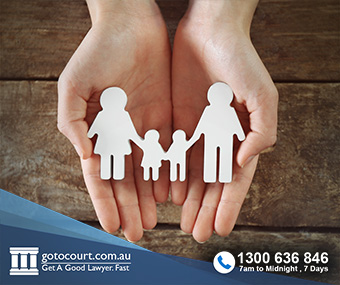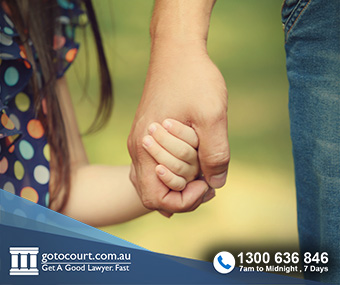Grievous Bodily Harm in New South Wales
Grievous Bodily Harm in New South Wales
In New South Wales, there is a range of offences involving causing harm to another person that are contained in the Crimes Act 1900. The most serious of these are the offences involving grievous bodily harm.
What is grievous bodily harm?
Grievous bodily harm includes anything that amounts to a really serious bodily injury. This includes broken bones, serious burns and the deliberate transmission of serious diseases (such as HIV).
Section 4 of the Crimes Act 1900 defines grievous bodily harm as including:
- The destruction of a foetus;
- Permanent or serious disfigurement of the person;
- A grievous bodily disease.
Grievous bodily harm is more serious than actual bodily harm, which does not have to be serious or long-lasting.
Causing grievous bodily harm with intent
Under section 33 of the Crimes Act 1900, it is an offence to wound or cause grievous bodily harm to a person with intent to cause grievous bodily harm. This offence is punishable by up to 25 years imprisonment.
Reckless grievous bodily harm in New South Wales
Under section 35 of the Crimes Act 1900, it is an offence to recklessly cause grievous bodily harm. This offence is punishable by imprisonment for up to 10 years, or 14 years if the offence is committed in company with another person.
Jurisdiction
Grievous bodily harm offences are indictable offences that are finalised in the New South Wales District Court. However, a grievous bodily harm matter will go through a number of procedural stages in the Local Court (or Children’s Court if the accused is under 18) before being committed to the District Court for finalisation.
Penalty for grievous bodily harm in NSW
The majority of people who are found guilty of a grievous bodily harm offence in New South Wales receive a custodial sentence. This sentence may be wholly or partly suspended and may include a non-parole period.
Standard non-parole periods apply to some offences in New South Wales. A standard non-parole period is a reference point used by courts when determining the minimum period a person should spend in custody before becoming eligible for parole. A standard non-parole period represents the middle of the range for seriousness for a given offence, taking into account only the objective elements of the offence. The sentence a person actually receives will also take into account their circumstances.
The offence of reckless causing grievous bodily harm has a standard non-parole period of four years. An offence committed in company has a standard non-parole period of five years.
Pleading guilty to grievous bodily harm in NSW
If you have been charged with a grievous bodily harm offence in New South Wales, you should get thorough legal advice prior to pleading guilty.
Go To Court Lawyers can provide you with an assessment of the strength of the case against you and any available defences.
They can also assist you to obtain supporting material for the court such as:
- character references from people who know you and are aware of the charges;
- evidence of actions you have taken to address your offending;
- psychological records.
Pleading not guilty to grievous bodily harm in New South Wales
If you have been charged with grievous bodily harm in New South Wales and want to contest the charge, Go To Court Lawyers can provide you with comprehensive advice on the brief of evidence, including the strengths and weakness in the case against you, any evidence that may be challenged, and the viability of any possible defences.
Possible defences to grievous bodily harm charges include:
- the defence of self-defence
- the defence of duress
- the defence of mental impairment
- the defence of an accident
Applying for bail on a grievous bodily harm charge in New South Wales
If you have been charged with a grievous bodily harm offence in New South Wales and remanded in custody, Go To Court Lawyers can help you to apply for bail. In New South Wales, courts make decisions about bail under the Bail Act 2013.
A person will be released from custody if their release does not pose any unacceptable risks.
If you are facing a grievous bodily harm charge and you have a prior conviction for a serious personal violence offence, you will be required to ‘show cause’ why you should be released from custody. Essentially, this means there is a presumption against bail, which you will have to overcome if bail is to be granted.
If you require legal advice or representation in any legal matter, please contact Go To Court Lawyers.

Affordable Lawyers
Our Go To Court Lawyers will assist you in all areas of law. We specialise in providing legal advice urgently – at the time when you need it most. If you need a lawyer right now, today, we can help you – no matter where you are in Australia.How It Works




1. You speak directly to a lawyer
When you call the Go To Court Legal Hotline, you will be connected directly to a lawyer, every time.

2. Get your legal situation assessed
We determine the best way forward in your legal matter, free of charge. If you want to go ahead and book a face-to-face appointment, we will connect you with a specialist in your local area.

3. We arrange everything as needed
If you want to go ahead and book a fact-to-face appointment, we will connect you with a specialist in your local area no matter where you are and even at very short notice.


















